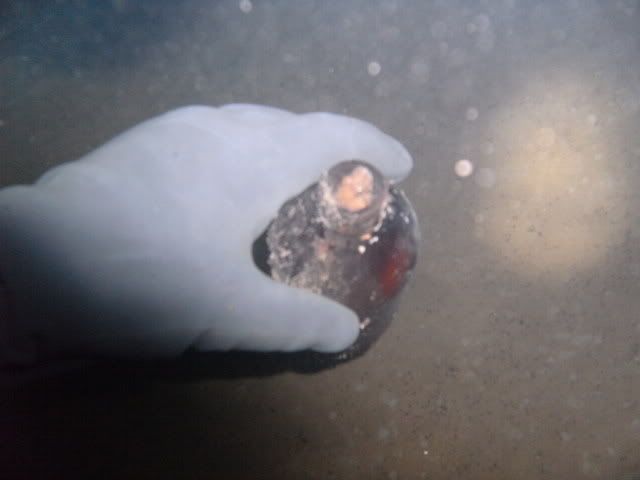I can agree that a diver with only 25-50 dives under belt but still takes things seriously and work through a problem, but there are people out there that will disagree tremendously.
It depends on the diver, of course ... some learn faster than others. But as Andy points out, there is a significant difference between knowledge and experience. One needs both to be able to handle problems underwater.
The reason, really, stems from the fact that when you read something you are doing so in a familiar environment, and in a place where you can concentrate on the thing you are learning. When you apply that knowledge during a dive you are in an unfamiliar environment, and have to divide your attention between dealing with the environment and dealing with the problem you are attempting to resolve.
It's like when you learned how to drive a car ... certainly you were familiar with the concept of driving, from having been a passenger all your life. You read the rules of the road, and passed a written test. But you still had to deal with the realities of making decisions in real-time, and watching out for what else was going on around you while you applied the skills of negotiating through traffic, parking, or watching for pedestrians while backing up. At first, those skills required a fairly significant level of concentration. Once you acquired some experience behind the wheel, the things you needed to think about while performing those tasks became more familiar and automatic ... because you'd done them so many times ... and so the tasks themselves became easier.
Diving's a lot like that ... only more so because you're in a dynamic environment with the visual limitations imposed by a diving mask ... which inhibits your awareness significantly and makes everything you need to do more difficult.
Experience helps you learn how to deal with the unfamiliar environment, and how to adapt your behavior and decision-making capabilities to that environment. Without it, you can know a great deal in your head ... but you will not have developed the ability to convert that knowledge into action. And there is a great deal of difference between knowing what to do and knowing when it is appropriate to apply that knowledge to a developing situation ... stress and task-loading have a nasty tendency to make you "forget" what you read about ...
... Bob (Grateful Diver)




